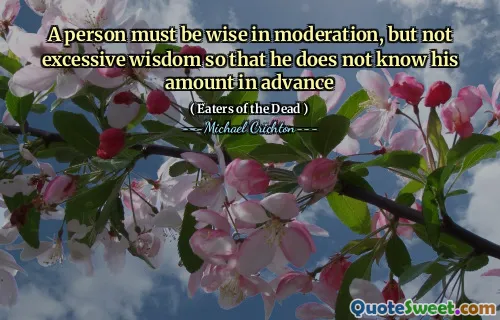
New rules. If you are smart enough to live, you won't hit Charles's mate in front of his father.
This quote from Patricia Briggs's '(Cry Wolf)' presents a nuanced perspective on caution and intelligence in social interactions. The phrase 'new rules' suggests an altering of traditional behaviors or expectations, implying that in certain situations, conventional actions may no longer apply or are inadequate. The core advice—'If you are smart enough to live, you won't hit Charles's mate in front of his father'—serves as a metaphor for making wise choices to preserve one's safety and reputation. It underscores the importance of situational awareness and the strategic importance of restraint, especially when there are witnesses who could interpret your actions poorly or retaliate. In human interactions, particularly in tense or competitive environments, understanding when to hold back can be the difference between thriving and suffering consequences. The emphasis on intelligence as a safeguard elevates mental acuity above impulsive reactions, advocating for a thoughtful approach that considers potential repercussions. Moreover, it touches upon the social dynamics of honor and respect. Challenging someone publicly or acting against their loved ones can escalate conflicts or tarnish one's reputation, which might have lasting consequences beyond the immediate altercation. In essence, the quote encourages us to adopt smarter, more calculated strategies in our interactions—highlighting that wisdom and restraint often serve as the best defenses. It is a reminder that survival and success often depend on outthinking, rather than outacting, opponents. Such wisdom is universally applicable, relevant across personal, professional, or societal domains, urging us to prioritize thoughtful decision-making over reckless bravado.






